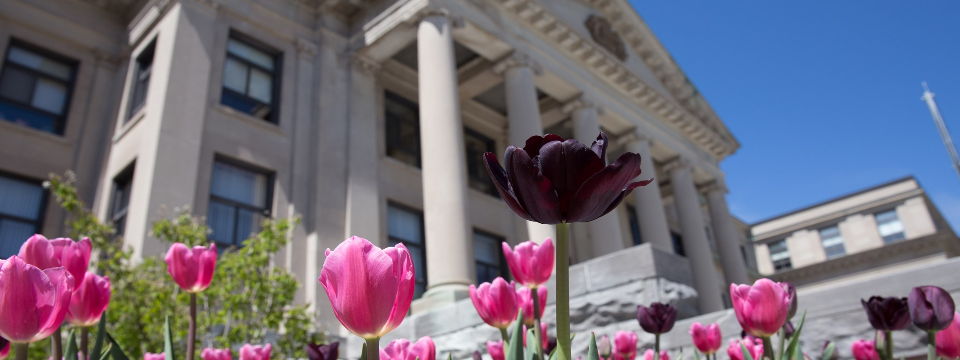
Today, the University of Ottawa’s Board of Governors approved the 2021-2022 budget, which will allow the University to meet its objectives as outlined in the Transformation 2030 strategic plan despite the uncertainties related to the pandemic.
For the coming year, the University aims to make substantial investments in research, administrative program modernization, faculty recruitment and infrastructure renewal. However, planning 2021-2022 budget has been challenging in many respects due to several financial constraints imposed by the provincial government.
According to the latest Strategic Mandate Agreement with government, grant funding from the Ontario government will remain unchanged in 2021-2022. Moreover, in January 2019, the Ontario government imposed a 10% reduction in 2019-2020 tuition fees for Canadian students, followed by a freeze in 2020-2021tuition fees. Earlier this spring, the provincial government announced that this freeze would be extended for Ontario students. As a result, the University of Ottawa estimates that the budget shortfall due to the government measures will be $57M in 2021-2022. Given that uOttawa’s commitment to providing programs in French is already substantially underfunded, the financial shortfall for the next fiscal year is estimated at $106M and is projected continue to increase over time. The University reaffirms its commitment to maintaining and strengthening the Francophonie on campus, and to supporting French language in higher education for minority communities in Ontario, across Canada and around the world.
The 2021-2022 budget adopted today forecasts an estimated $25M deficit in the University’s consolidated budget, which brings together the operating fund, ancillary fund, endowment funds, restricted funds (research) and capital fund. The projected deficit for the operating fund alone, which serves to finance the day-to-day activities of the University, will be $9M. Ancillary services are also expected to experience significant losses of revenue due to COVID-19.
On a more positive note, uOttawa continues to excel in research with an estimated $158M in projected research grants and contracts for 2021-2022. The University secured over $79M in Tri-Council (CIHR, NSERC, SSHRC) funding and other federal and provincial funding for 2021-2022 and increased its allotment of Canada Research Chairs. The next fiscal year will be very active for research infrastructure projects, with five out of eight projects approved by the Canada Foundation for Innovation (CFI) 2020 Innovation Fund competition, for a total of $23.7M. Next year will also mark the official start of key capital fund projects at 200 Lees.
Plans are well under way to offer a full, enriching uOttawa student experience for the fall, with a mix of in-person and online academic activities, as well as residence options and many other co-curricular and sport activities. While the health and safety of our community remains our primary concern, uOttawa is making every effort to deliver a world-class uOttawa student experience.
-30-
